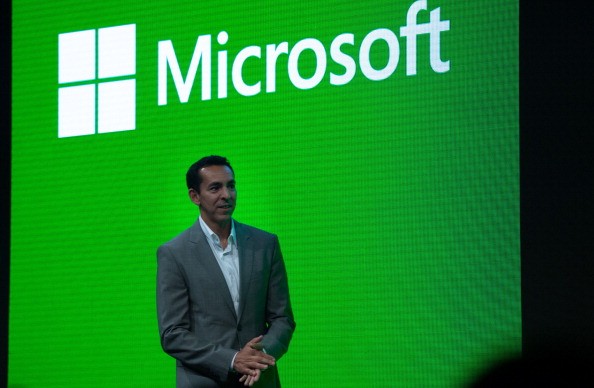U.S. tech companies and Chinese authorities are at odds over the new cybersecurity rules as Microsoft Corp., Intel Corp. and International Business Machines Corp., among others, filed their objections to the regulation, The Wall Street Journal said.
The tech companies' objections and comments were contained in a discussion log released by Technical Committee 260, China's cybersecurity standards maker, which issued the technical restrictions of its omnibus cybersecurity law that was adopted on Nov. 7.
Software companies, network-equipment manufacturers and other tech suppliers have been required by Chinese authorities to disclose their proprietary source code to show that their products are not prone to hacking or had not been compromised.
But many tech companies are reluctant to offer their source code, saying it would only make the codes more vulnerable to risks and it does not ensure it is hack-proof.
"Sharing source code in itself can't prove the capability to be secure and controllable," Microsoft commented. "It only proves there is source code."
On the other hand, Intel said that obliging the chip makers to reveal the details of their products "would hurt technological innovation and decrease the security level of products."
The committee is introducing the standards for operating systems, microprocessors, office software and other products to comply as the regulations will be fully implemented in June 2017.
The government said that foreign espionage tools are embedded in software used in the country and the measures are needed to protect against them. They cited the claims made by Edward Snowden, a former U.S. National Security Agency contractor, who said that U.S. tech products sold overseas have back doors built within them.
Aside from Microsoft, Intel and IBM, several Chinese companies, government agencies and security experts also responded to the draft regulations.
The three U.S. tech giants did not comment further beyond their written response, but their statements showed how they respond to Chinese authorities.
In its statement, Microsoft said that they allow visitors to view code at its new "Transparency Center", rather than "share source code." But the Technical Committee 260 disagreed and marked the comment "not accepted."
Meanwhile, IBM asked the government for distinctions between computing services for commercial use and services for government applications.
"Computing rooms used purely for commercial cloud computing purposes shouldn't have to be located within China's borders," wrote IBM.
The committee said in a written response that many sectors cited social stability and the public interest. "It's not only a pure commercial question," the committee wrote.
Jeremie Waterman, senior director for Greater China at the U.S. Chamber of Commerce in Washington, echoed the companies' "deep concern about the IP disclosure requirements" and said that he was still unclear on recourse U.S. tech companies may take.
James Gong, a senior associate at law firm Herbert Smith Freehills LLP, said that it is unlikely that U.S. firms will leave China over the cybersecurity requirements, considering the potential of the huge market.
The government, however, maintained that the rules apply to both domestic and foreign companies.



























